Millennials are the most credentialed generation to pass through young adulthood. Well over a third of all millennials as well as nearly two out of five millennial women have college degrees. However, the cream of the millennial crop is not evenly spread across the landscape—as hard as local communities try to upgrade the skills of residents or attract talented young adults from elsewhere. Skilled millennials are of particular interest regarding the conversation on the Amazon HQ2 competition, in which hundreds of cities, now narrowed down to just 20 finalist locales, competed for the chance to house the company’s second North American headquarters.
I discuss millennial education attainment in my new report, “The millennial generation: A demographic bridge to America’s diverse future,” which shows a wide variation across both metropolitan areas and states. Yet, while millennial education was likely an important element in the consideration of Amazon HQ2 finalists, an examination of these locales suggests it was not the only condition for their advancement in the competition.
Metropolitan areas
The map below depicts metropolitan areas among the 100 largest and the highest and lowest percentages of college graduates among 25-34 year olds (older millennials, at an age in which college completion is likely) at mid-decade. At the top of the list is Boston, in which nearly three out of five millennials (58 percent) are college graduates. At the other end of the spectrum is Bakersfield, Calif., where college graduates comprise 14 percent of millennials. Areas with high college graduate percentages include Madison, San Jose, San Francisco, Washington, Hartford, New York, Raleigh, Minneapolis- St. Paul, and Denver In each of these cities, more than 45 percent of millennials graduated from college. (Download table for metropolitan rankings.)

While a great deal of attention is given to highly educated millennials in these metropolitan areas, the fact is that in 62 of the 100 metropolitan areas, millennial college graduate percentages range between 30 to 45 percent; in another 28 metros, fewer than one in three millennials have college degrees. Among larger metropolitan areas in the latter category are Phoenix, Las Vegas, San Antonio, and Riverside, Calif. In fact, areas with the lowest levels of millennial college graduates—below 25 percent— include other interior California areas, Bakersfield, Stockton, and Fresno; Florida areas, Lakeland, Cape Coral and North Port-Sarasota; as well as McAllen, Texas and Spokane, Wash.
States
The map below shows state variations in millennial education attainment. States that house the most educated millennials are largely located in the Northeast and on the Eastern seaboard, led by Massachusetts, where 51 percent of millennials hold college degrees. The highly ranked states outside of this region include Minnesota, Illinois, and Colorado.

At the lower end of the millennial education ranking are a series of states in the Deep South, Southwest, and Appalachia, in addition to the mountain states of Idaho, Montana, and Wyoming, along with Florida, South Dakota, and Alaska. In each of these states, fewer than 30 percent of millennials graduated from college, with Nevada, at 22 percent, ranking the lowest. (Download table for state rankings.)
The Amazon HQ2 finalists and highly educated millennials
To what extent do the Amazon HQ2 finalists cluster within metropolitan areas that house the most educated millennials? This examination focuses on 16 metropolitan areas which are home to the 19 Amazon finalist locales in the US (one of the finalists, Toronto, lies in Canada and three others share the same metropolitan area). (Download table for metropolitan rankings.)
When juxtaposed against the millennial education rankings of the nation’s 100 largest metropolitan areas, there is some, but not complete, clustering of the HQ2 finalists in areas with the most educated millennials. Boston, ranked first on millennial education, along with four others in the top 10 (Washington, D.C., New York, Raleigh, and Denver) are HQ2 finalists. In fact, 11 of the 20 best-educated millennial areas were chosen by Amazon, and all but three are in the top 40. The metropolitan areas with the lowest millennial college graduate percentages, selected by Amazon, were Los Angeles, Dallas, and Miami, ranked 46th, 47th, and 62nd out of the 100 areas respectively, and maintain average education levels in the 32 to 35 percent range. Clearly, the Amazon finalists are skewed toward places with very high concentrations of college graduate millennials. However, other such places were passed over, presumably in the quest for different qualities.

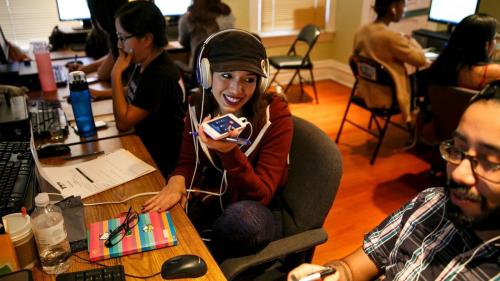
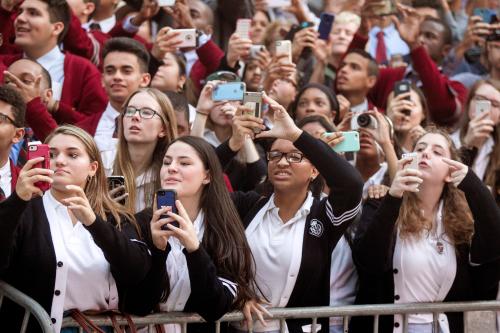
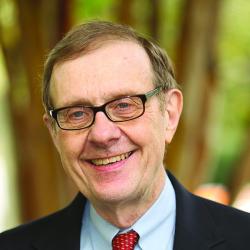

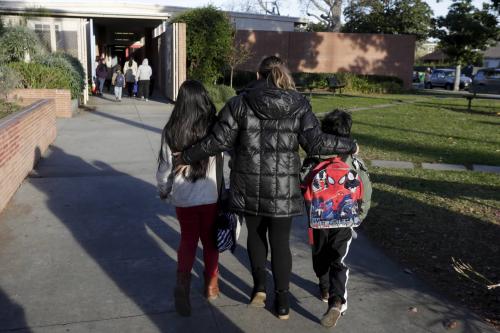
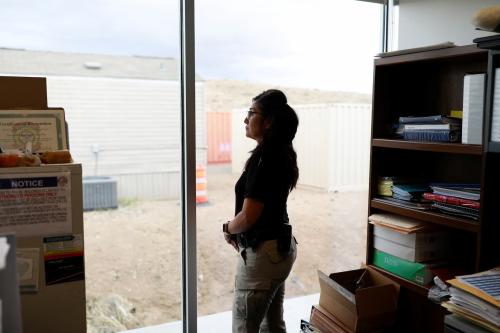
Commentary
Where do the most educated millennials live?
Are they living in the Amazon HQ2 finalist places?
Wednesday, February 7, 2018